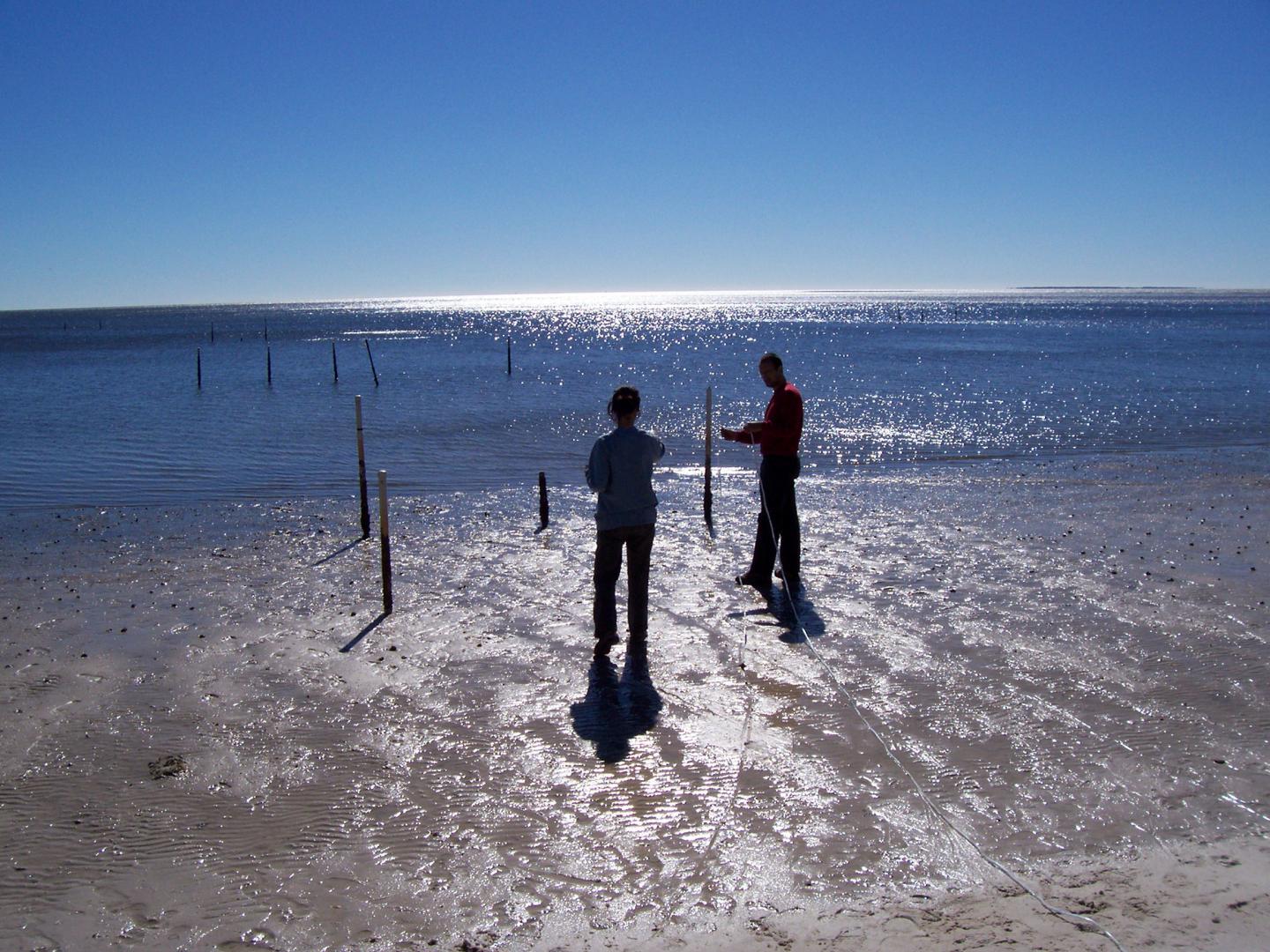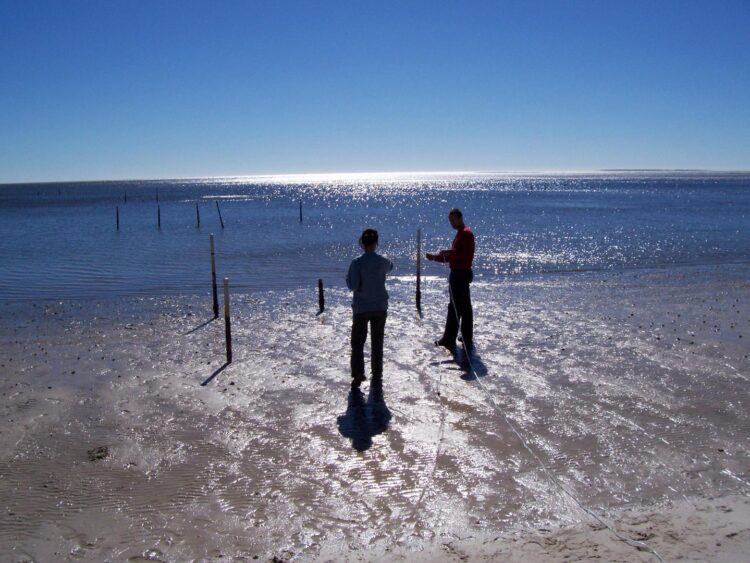
Credit: Isaac Santos
Water quality management in the ocean often targets visible pollution sources such as sewage, rivers or ships. A new global study, led by researchers at the University of Gothenburg, reveals that invisible groundwater discharges may be just as important driving nitrogen into coastal waters.
As we enter the United Nations’ Decade of the Oceans, a new research study shed light on an often overlooked source of impact on the coastal ecosystems.
The study, which examined groundwater discharges at more than 200 locations worldwide, showed that groundwater is the major source of nitrogen and phosphorus to the ocean at many locations, including some areas in the Baltic Sea.
“Groundwater is essentially invisible and difficult to investigate. That is why coastal water quality managers often overlook groundwater discharges to the oceans,” says Isaac Santos, professor in marine chemistry at the University of Gothenburg, who led the study in collaboration with thirteen worldwide universities.
“Nitrogen pollution is a major threat to marine biodiversity and a worldwide concern. Surprisingly, our global analysis revealed that groundwater nitrogen discharge exceeds river nitrogen discharge at 60 percent of the sites where both sources have been quantified.”
Groundwater accumulates nitrogen from fertilisers used on crops, and may take decades to release this nitrogen to the ocean. When the nitrogen reaches the ocean, it increases algal biomass and decreases marine biodiversity and eventually fisheries.
Many lakes and rivers are connected to groundwater aquifers, geological formations that store groundwater. This high connectivity has prompted legislation to protect those groundwater-dependent ecosystems at the national and European level.
“However, this study shows that the coastal ocean is also highly connected to aquifers, so we need to consider groundwater aquifers as well when managing coastal water quality. For example, the Baltic Sea and many other coastal areas have suffered from nitrogen pollution for decades,” says Stefano Bonaglia, a marine chemist at the University of Gothenburg who also participated in the study
They both emphasise that the management of groundwater discharges to the coastal ocean is challenging and may require decades of work. At the University of Gothenburg marine researchers will continue to investigate submarine groundwater discharge with a number of international research projects.
“Climate change, sea level rise and land use change will modify the chemistry of coastal aquifers, and we are now trying to understand how this will have long term impacts on submarine groundwater discharge”, says Isaac Santos.
###
Contact:
Isaac Santos, professor in marine chemistry at the University of Gothenburg, Department of Marine Sciences
Telephone: +46 76 618 3146
E-mail: [email protected]
About the research
Title: Submarine groundwater discharge impacts on coastal nutrient biogeochemistry
Scientific journal: Nature Reviews Earth & Environment
Link: https:/
Media Contact
Isaac Santos, professor
[email protected]
Related Journal Article
http://dx.





